In the campaign for special municipality mayor in 1994, New Party-nominated candidate Chao Shaw-kong strategically rose the level of the election to “guarding the Republic of China.” Unscrupulously enlarging the ideological conflict between the Kuomintang (KMT, Blue) and the Democratic Progressive Party (DPP, Green), he set in Taipei City a battlefield of opposition and aggressive language.
Your content goes here. Edit or remove this text inline or in the module Content settings. You can also style every aspect of this content in the module Design settings and even apply custom CSS to this text in the module Advanced settings.
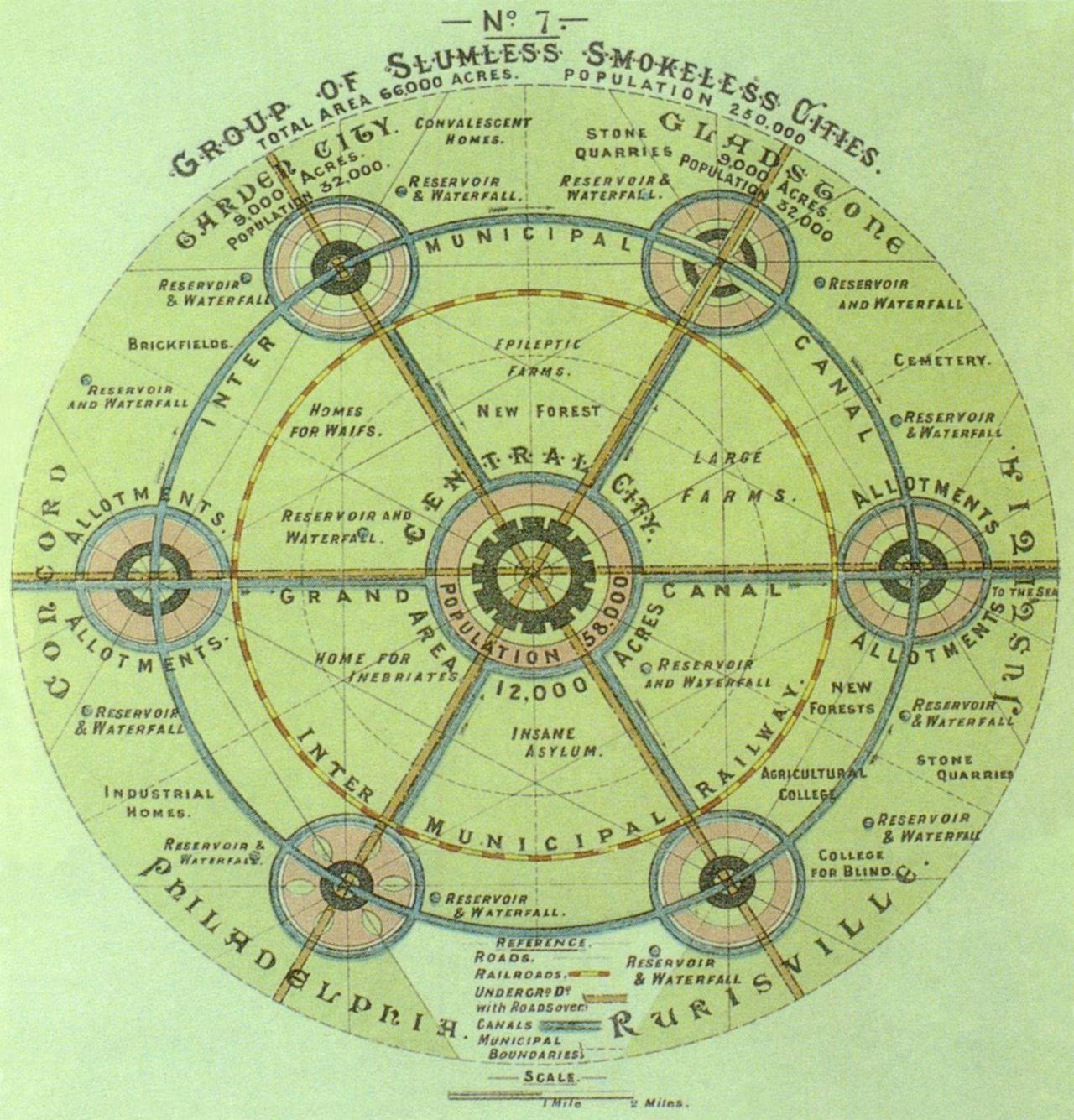
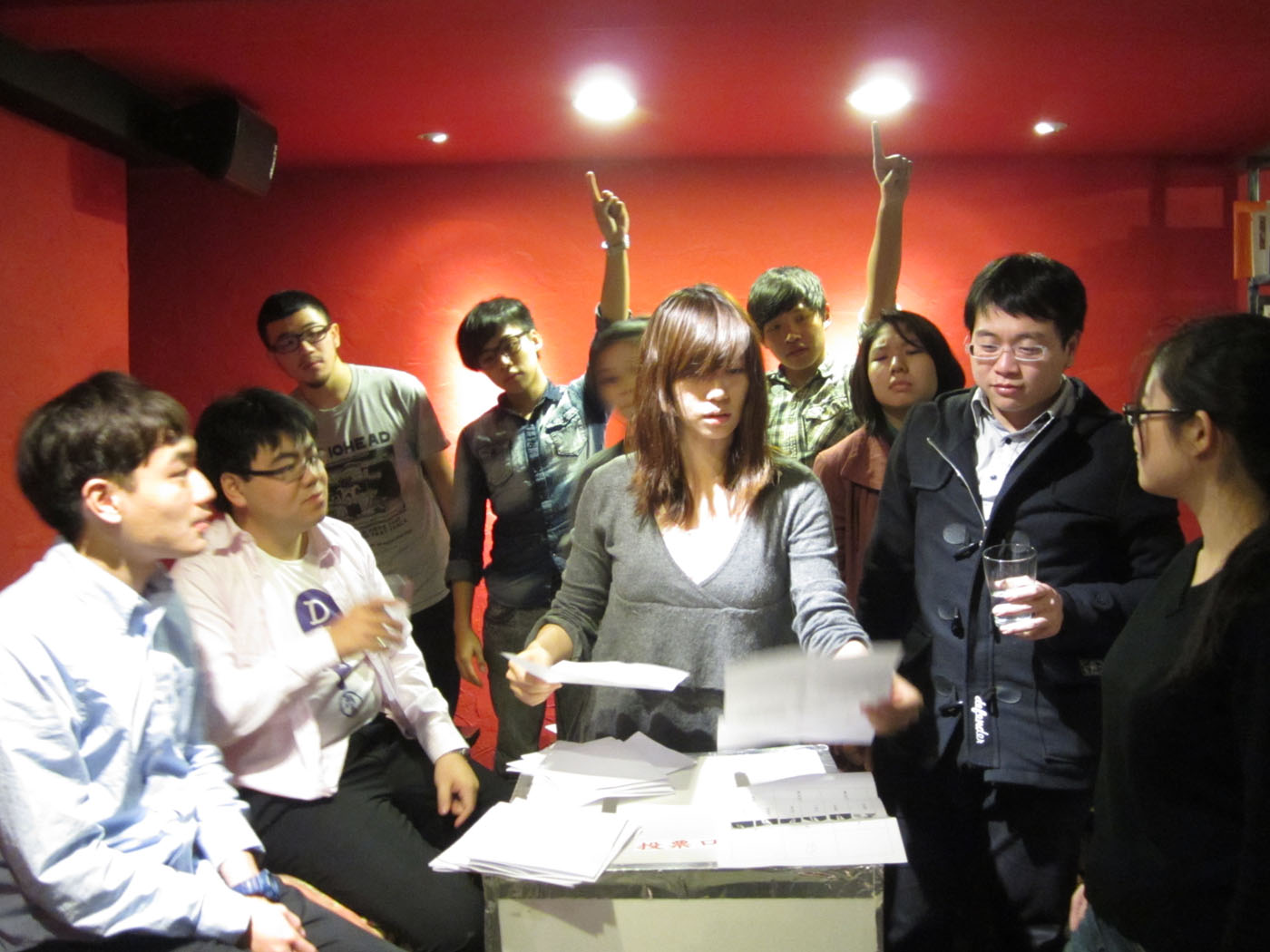
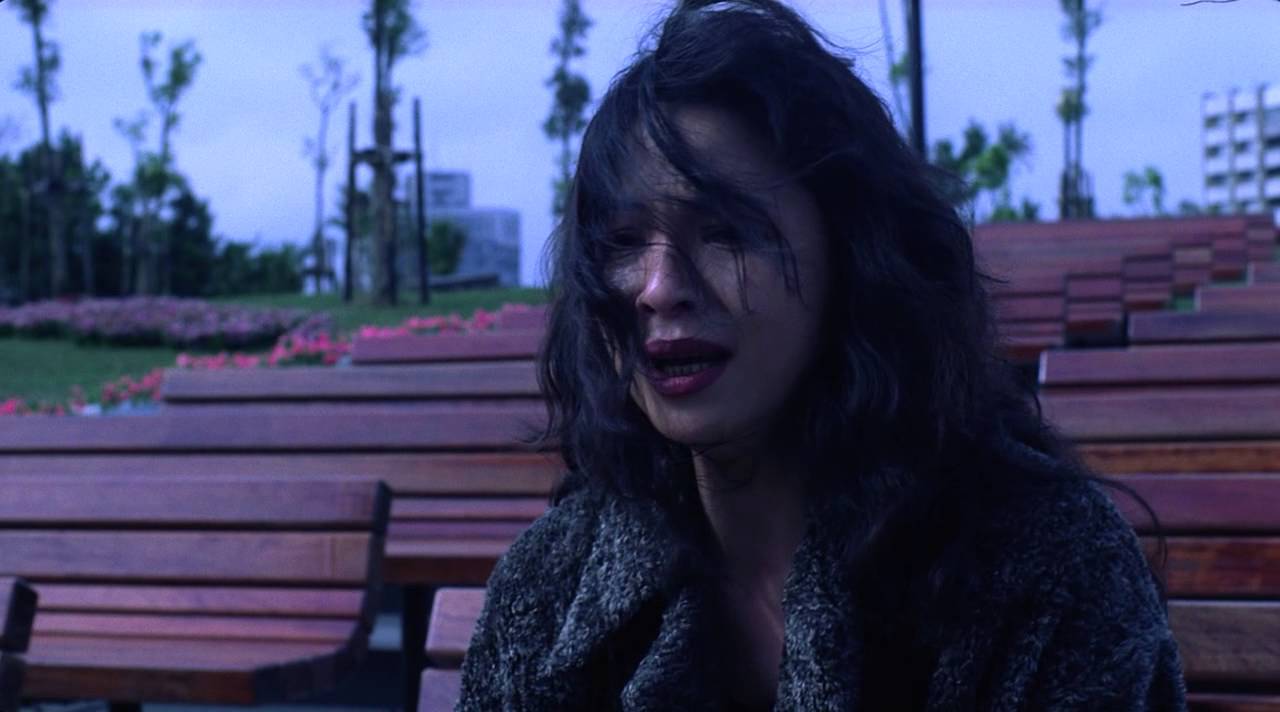
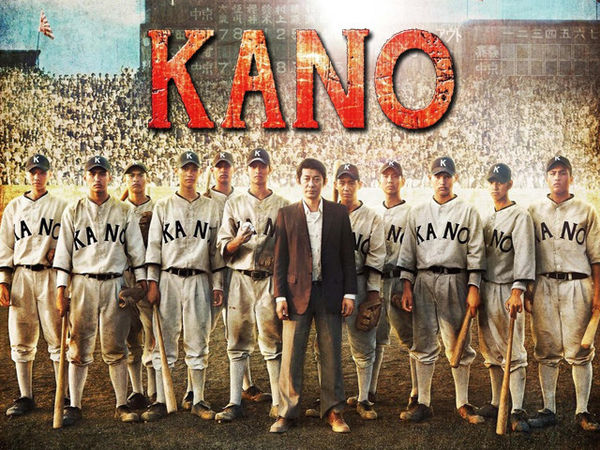
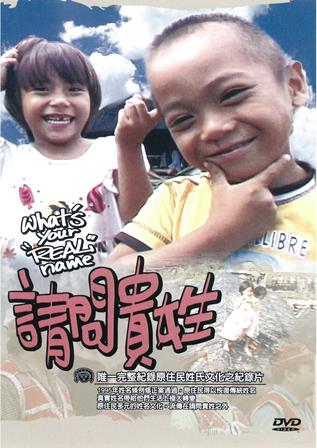
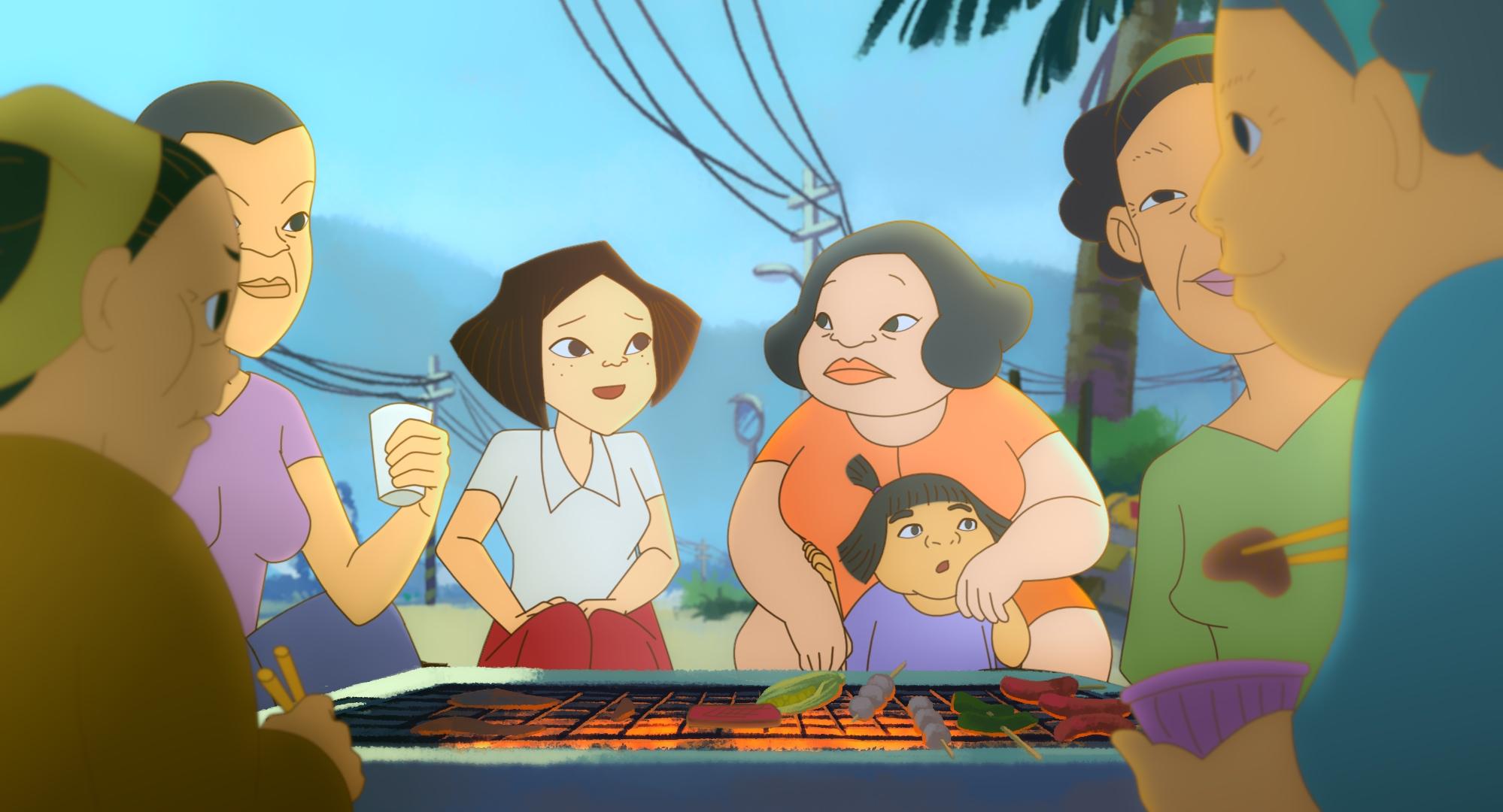
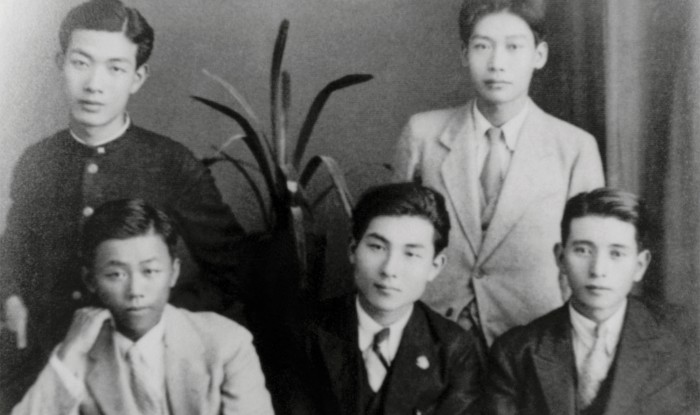
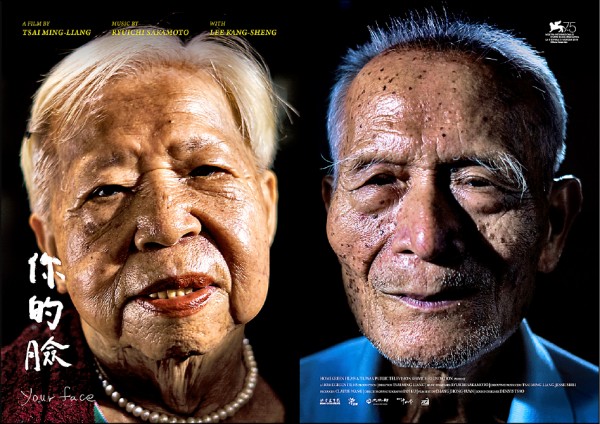
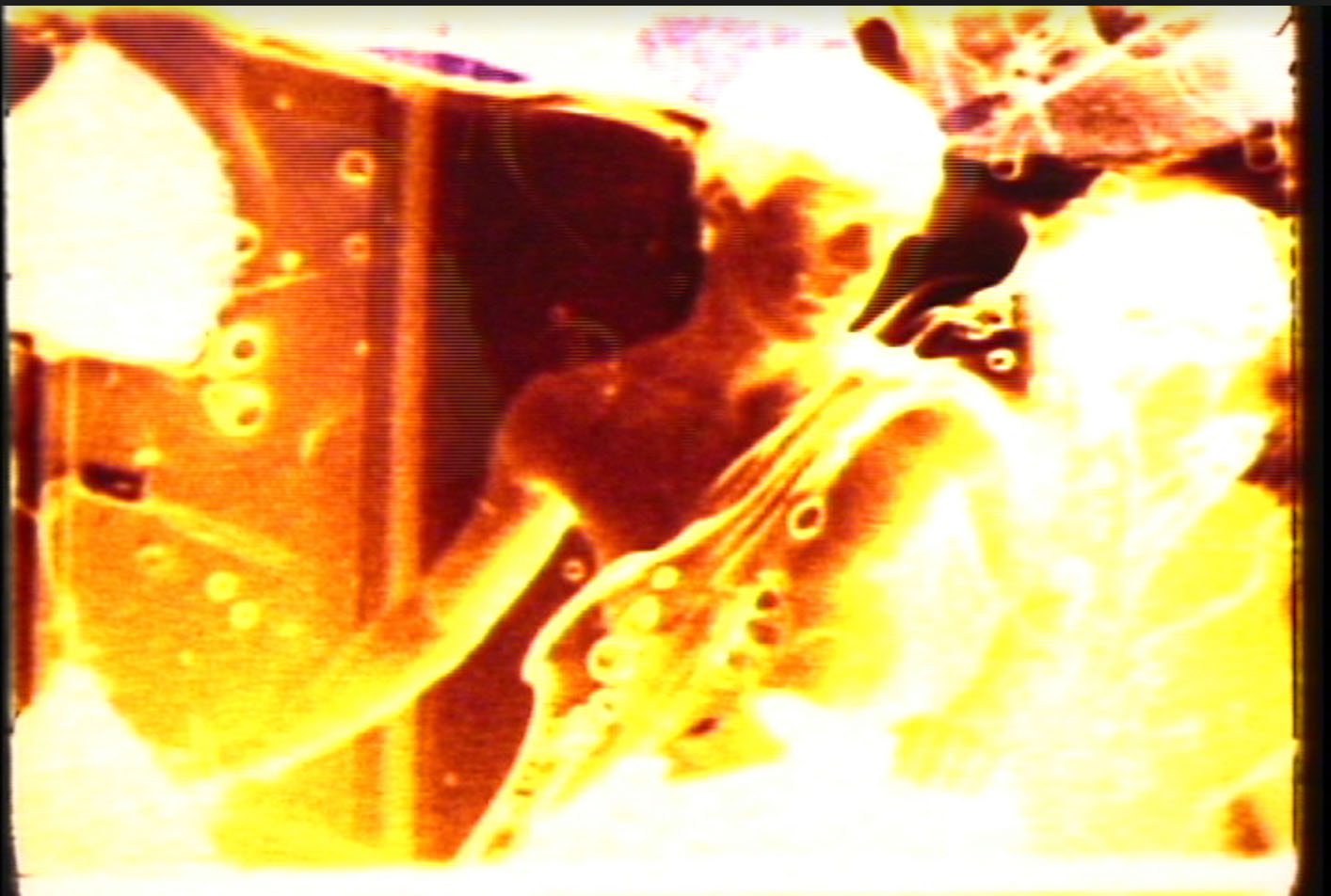

 No products in the basket.
No products in the basket.